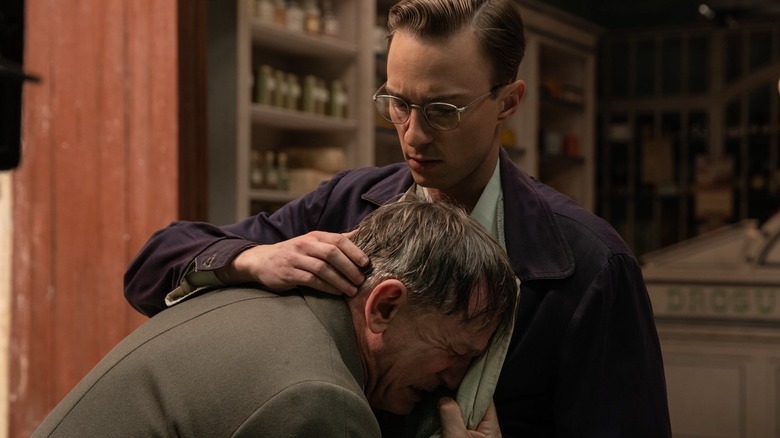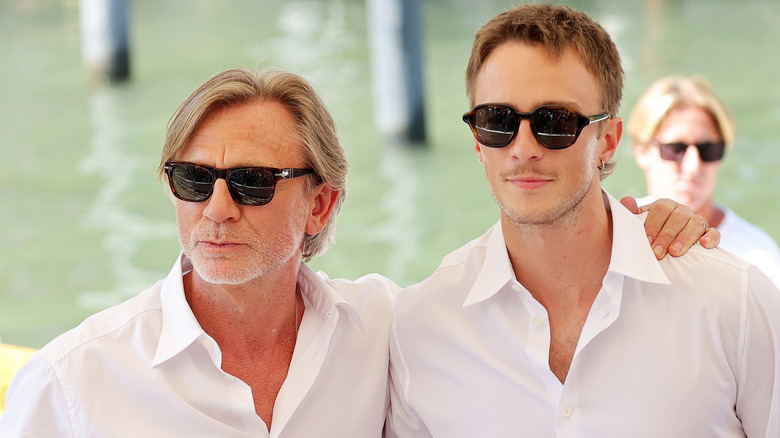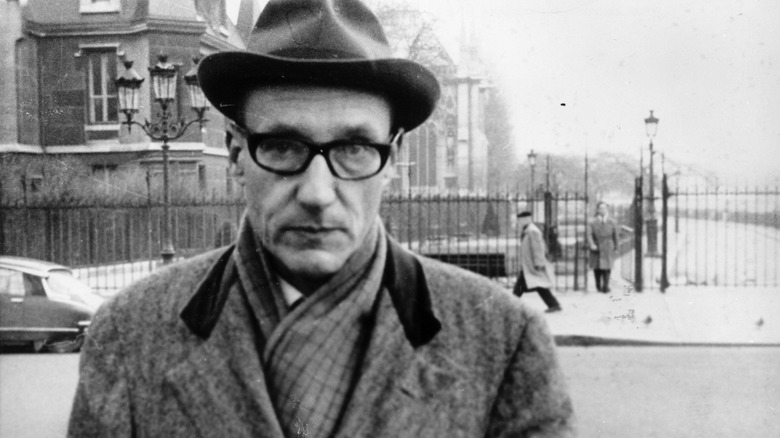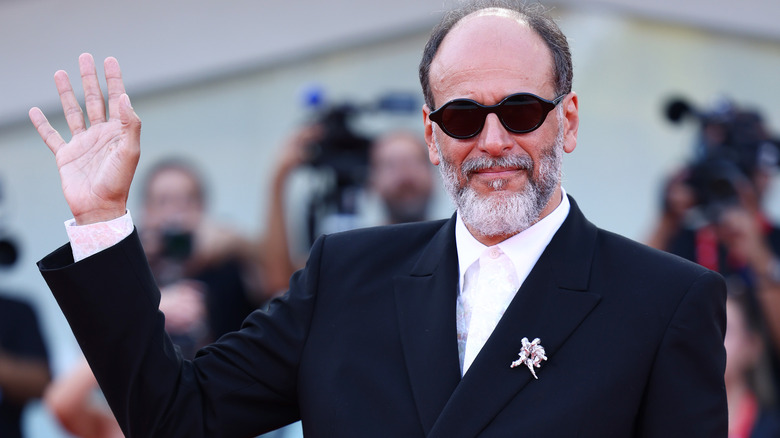Queer Review: Daniel Craig's Magnetic Performance Can't Save This Meandering Drama
- Daniel Craig and Drew Starkey are magnetic in the two lead roles
- Characters are underdeveloped
- Narrative loses all momentum in the third act
Coming off "Challengers" and "Call Me By Your Name," director Luca Guadagnino has built up a tremendous amount of cache in the world of LGBTQ+ dramas. When it was announced that he would be helming "Queer," starring Daniel Craig of all people, the film was met with instant buzz. Sadly, "Queer" doesn't quite live up to his previous efforts. It's filled with a pervasive, melancholy form of desire, as its main character (played by Craig) longs to be loved in a way that none of his partners have been able to meet. But although the relationship between Craig and "Outer Banks" star Drew Starkey, who plays his reluctant lover, is endlessly fascinating, the film doesn't do enough to explore it, instead taking an odd third act turn into an entirely different plot and dragging out every minute of its runtime with trippy, pseudo-intellectual visuals.
It's the late 1940s, and William Lee (Craig) is a dapper gay man living in Mexico, embarking on casual relationships with every handsome young guy who turns his head, yet quietly wishing for love and affection. When he meets a striking newcomer, Eugene (Starkey), it's like Romeo seeing Juliet for the first time — the man is obsessed. But while Lee is all in from the word go, Eugene is a little more standoffish, making Lee cling all the more desperately to him. While they navigate their hot-and-cold relationship, Lee also becomes fascinated by an article he read about a South American plant that induces telepathy. Although they're not in the healthiest of places as a couple, they embark on a journey together to track down the mysterious drug.
Daniel Craig and Drew Starkey are stunning
This is Daniel Craig as we haven't really ever seen him before. He plays Lee with an almost pitiful sense of longing, and his neediness overpowers his considerable charms. Even when he's with Eugene and seemingly confident in the younger man's affections for him, it's like he can't help himself. He's constantly touching Eugene, as though he would crawl up inside of him and live under his skin if he could. They have such an interesting relationship dynamic because it isn't as though Eugene doesn't like him — there are plenty of scenes where he seems to be having a great time with Lee. But Eugene is a much more restrained character, and Lee relentlessly pushes past each of his boundaries out of a sheer need for physical contact.
They're both compelling characters, and the part of "Queer" that focuses specifically on their relationship is the strongest. There's no director working today who can capture the male form with such reverence as Luca Guadagnino, and it's no surprise why actors enjoy collaborating with him; he makes them look like gods. There's an intimacy between the stars of the film and the camera that is so unique, and it speaks to Guadagnino's particular skill set.
Problems translating the source material
Really, the biggest problem with "Queer" is not so much Luca Guadagnino's fault as that the novel it's based on by William Burroughs is not the best fit for a feature-length production. It's a story with a plot in only the broadest of terms, and it relies entirely on this one relationship for any forward thrust. Furthermore, it takes a wild swing going into the third act, shifting on a dime from post-World War II Mexico to a trippy jungle adventure to try ayahuasca. It feels like the kind of turn that might have been cool and edgy back in the early 1950s, when Burroughs first wrote it, but here, it just saps the narrative of any momentum it had. And for a movie that clocks in at over two and a half hours, you need all the momentum you can get.
The story has some promise, especially in its early exploration of the relationship dynamics between Lee and Eugene, but it doesn't quite know what to do with it. As soon as it's established that Lee is much more invested than Eugene in their affair, it spends a lot of time simply repeating those character beats. The fact that "Queer" is based on a 134-page novel and was turned into such a lengthy film is not insignificant. You can feel Guadagnino padding out the narrative, trying to give it depth beyond the initial shock value that the book had, but it seems increasingly apparent as the film drags on that there may just not be that much here.
Yes, "Queer" gives us some steamy scenes between Daniel Craig and Drew Starkey, but it's a film directed by Guadagnino and released in 2024, so it's not pushing the envelope as much as it might think it is. Burroughs' "Queer" is inherently subversive — even the title is forcing readers to confront a topic that was well outside the realm of "good taste" at the time he was writing it — but the film adaptation, amazingly, feels somehow dated.
Only for diehard Guadagnino heads
There's nothing to complain about when it comes to Daniel Craig and Drew Starkey, who are both dialed in and fully committed to their roles. Craig casts himself in a new light, while Starkey makes a name for himself as a captivating leading man who deserves more attention than he's received thus far. It's just a shame that their characters are both only thinly sketched out — Eugene in particular is incredibly underdeveloped.
"Queer" is a rare misfire from Luca Guadagnino, but even if casual audiences might not fully embrace the film, his fans — who are familiar with his style and find even his lesser efforts compelling — might just be on board with what "Queer" is selling.



